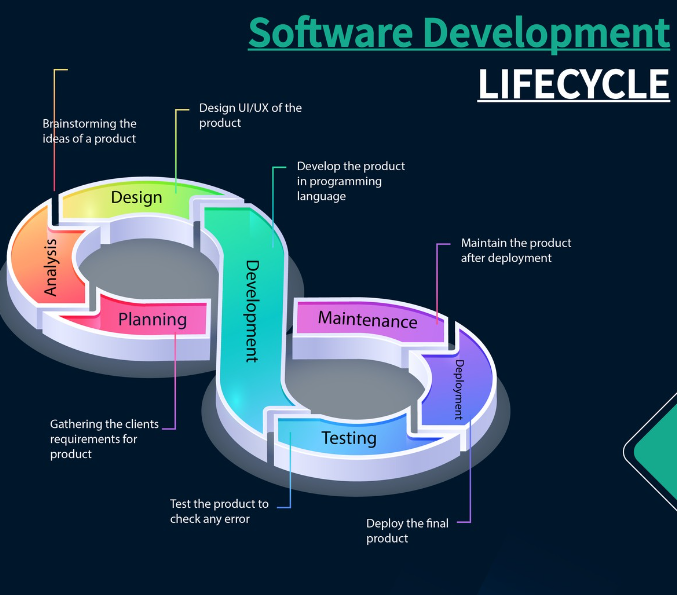Technology Desk, Delhi Magazine: Software project management (SPM) refers to the discipline of planning, organizing, and controlling the activities and resources involved in developing a software product. It is a systematic approach to managing software projects from inception to completion, ensuring that the project is delivered on time, within budget, and meets the specified requirements.
Software projects are unique endeavors that involve complex processes, multiple stakeholders, and various challenges. Effective project management is crucial to successfully deliver software products that meet user needs and quality standards.
Main Activities of software project management include:
- Project Initiation:
- Defining project objectives, scope, and deliverables.
- Identifying stakeholders and understanding their needs and expectations.
- Performing a feasibility study to assess the project’s viability.
- Project Planning:
- Creating a detailed project plan outlining tasks, timelines, and dependencies.
- Allocating resources, including human resources, budget, and tools.
- Developing a risk management plan to identify and mitigate potential risks.
- Establishing communication and reporting mechanisms.
- Requirements Management:
- Gathering and analyzing project requirements from stakeholders.
- Documenting and prioritizing requirements.
- Managing changes to requirements throughout the project.
- Resource Management:
- Recruiting and assembling a skilled project team.
- Allocating team members to specific tasks and roles.
- Managing and optimizing the use of resources to meet project objectives.
- Quality Management:
- Defining quality standards and criteria for the software product.
- Implementing quality assurance processes and conducting testing activities.
- Monitoring and measuring software quality throughout the project.
- Risk Management:
- Identifying potential risks that could impact project success.
- Analyzing and assessing the impact and likelihood of each risk.
- Developing risk response strategies and contingency plans.
- Change Management:
- Managing changes to project scope, requirements, and schedule.
- Assessing the impact of changes and obtaining approvals as needed.
- Project Execution:
- Monitoring project progress and performance against the project plan.
- Ensuring that tasks are completed on time and within budget.
- Managing team dynamics and resolving conflicts as they arise.
- Communication and Reporting:
- Facilitating clear and regular communication among team members and stakeholders.
- Providing status updates and progress reports to project stakeholders.
- Project Monitoring and Control:
- Monitoring project activities, milestones, and deliverables.
- Tracking project expenses and budget utilization.
- Taking corrective actions to address deviations from the plan.
- Documentation:
- Creating and maintaining project documentation, including project plans, requirements documents, design specifications, test plans, and other relevant artifacts.
- Project Closure and Evaluation:
- Conducting a post-project evaluation to assess project success and performance.
- Capturing lessons learned to inform future projects.
- Closing out the project and transitioning deliverables to stakeholders.
These activities are interconnected and interdependent, and effective project management ensures they are executed systematically and efficiently to achieve project objectives and deliver a successful software product.

